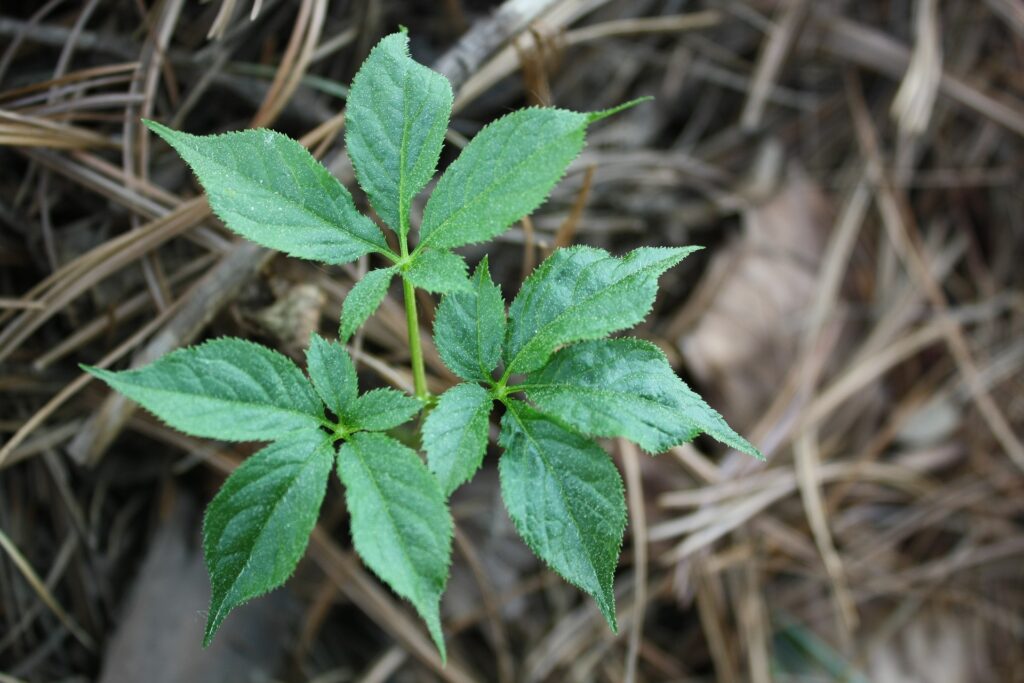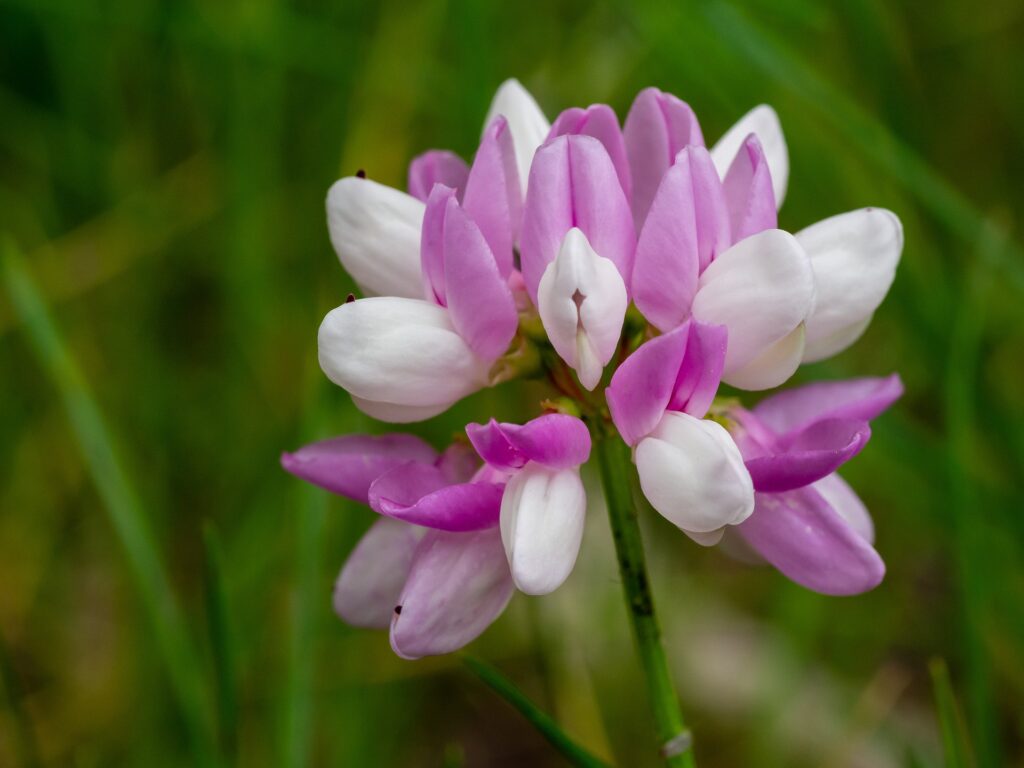Stress was part of our modern lives before the pandemic struck. For most of us, stress levels have shot up massively during the pandemic. What is worse, there is no certainty of when our lives will get back to the old normal.
It is well known that prolonged exposure to an ongoing stress is harmful to our health. Let’s take the classic metaphor of the ancestral human meeting a tiger in a jungle. The “fight or flight” response initiated by this life-threatening event enables him to physically outrun the tiger and survive. The brain commands “danger”, and relevant neurotransmitters and hormones within the sympathetic nervous system tune in. Voila, and your heart rate is up, your blood pressure is up, your blood sugar is up and your digestion slows down. After the event, physiological markers return to normal as our ancestor is relaxed in a “rest and digest” phase governed by the parasymphathetic nervous system. Our bodies can cope well with exposure to short-term stressors.
But what if the “tiger” or the trigger, be it physical or emotional, is always there? Then await the undoubted negative impact on your nervous system, endocrine system, cardiovascular system, digestive system, respiratory system, immune system, musculoskeletal system and mental health. No wonder an old adage goes “All diseases are caused by stress”.

So, if the “tiger” is always there something must be done. Medicinal plants, or herbs, can really help to ease the effects of ongoing stress on the body (although good diet, adequate sleep and moderate exercise are also important).
Over many centuries and across different cultures such plants have been called rejuvenating herbs, qi tonics, rasayanas or restoratives. In 1968, Israel Brekhman from Russia coined the term “adaptogen” which is now used to describe this group of medicinal plants. These plants help the body’s physiology to adapt in the best possible way to living with the ”tiger”.
The majority of adaptogenic medicinal plants came to us from Ayurveda and Traditional Chinese Medicine. Many readers will have heard about Ashwagandha (Withania somnifera), Korean ginseng (Panax ginseng), Astragalus (Astragalus membranaceus), Schisandra (Schisandra chinensis), Shatavari (Asparagus racemosus), Gotu kola (Centella asiatica), Holy basil or tulsi (Ocimum sanctum) and Siberian ginseng (Eleutherococcus senticosus), to name but a few. However, there are also adaptogens that grow closer to home in Europe, such as Liquorice (Glycyrrhiza glabra) and Rhodiola (Rhodiola rosea).
There is a wide choice of adaptogenic herbs, but it is important to remember that not all adaptogens are the same. Some, like Korean ginseng are very stimulating and should not be used by those who have high blood pressure, or suffer from acute asthma. Korean ginseng is best used short term to help with increased tiredness and stress. It can also be used where increased mental or physical performance is required. Korean ginseng also has other actions such as cardioprotective and anti-inflammatory. It also enhances male sexual performance and sperm production. At the same time, it can be taken as a long term tonic in very small doses by the healthy elderly.

Some adaptogens like Ashwagandha are not overstimulating and gentle. Ashwagandha would be a good choice to support those recovering from acute illnesses or extreme stress. It also can be used as a general tonic even during pregnancy in small doses. Ashwaganda also has an anti-inflammatory action, a blood sugar-regulating action and a libido-enhancing action.
Some adaptogens have an immune-protective and enhancing action, which is interesting in light of the current pandemic. For example, Andrographis, known for its immunomodulating activity as well as benevolent action on the digestive system due to presence of bitter compounds.
Another adaptogen that has an immunomodulating action is Astragalus. It is well suited for the prevention of infection, strengthening impaired immunity, and chronic bacterial or viral infections. It also has cardioprotective actions and can help reduce blood pressure. However, it must not be used in acute illness and infections.

Although adaptogens are extremely helpful in coping with stress and increasing energy levels, they should not be self-medicated by those suffering from extreme fatigue or adrenal insufficiency.
Of course, it is always best to entrust the choice of adaptogens best suited for you to a professional. Medical herbalists are medically and pharmacologically trained to provide expert advice on the use of herbs for all health conditions. They can also formulate personalised prescriptions. So your “tiger” can be tamed.
Written by Julija Milovanova-Palmer
